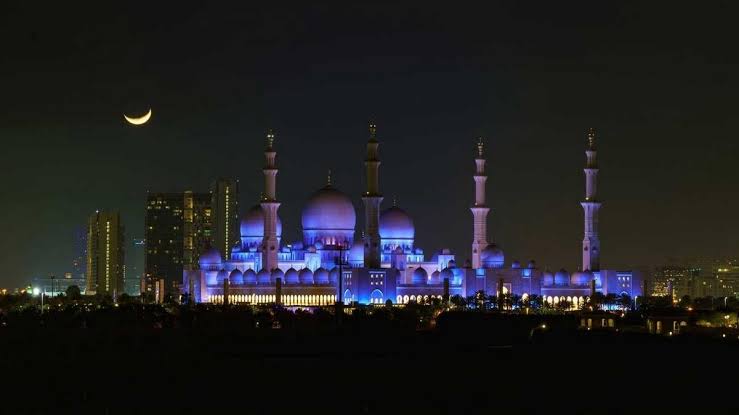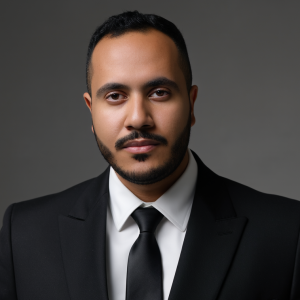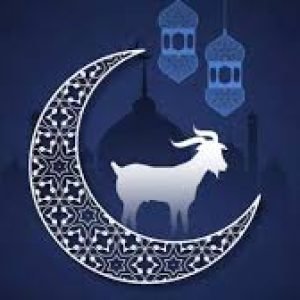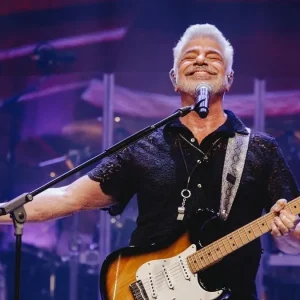Hijri New Year Holiday: A Time of Reflection and Celebration
Hijri New Year, also known as the Islamic New Year, marks the beginning of a new lunar calendar year in the Islamic world. Observed by millions of Muslims around the globe, this special day is not only a time for reflection but also an occasion for spiritual renewal, family gatherings, and cultural festivities. In many countries, including the UAE, the Hijri New Year is an important holiday, offering people a chance to pause and connect with their heritage, faith, and loved ones.
Unlike the Gregorian calendar, the Islamic calendar is based on the moon’s cycles, making the Hijri New Year fall on a different date each year. This unique aspect of the Islamic calendar adds to the distinctiveness of the occasion. For Muslims, the arrival of the new year represents a time to look back on the past, seek forgiveness for their shortcomings, and embrace the possibilities of the year ahead.

The Spiritual Significance of the Hijri New Year
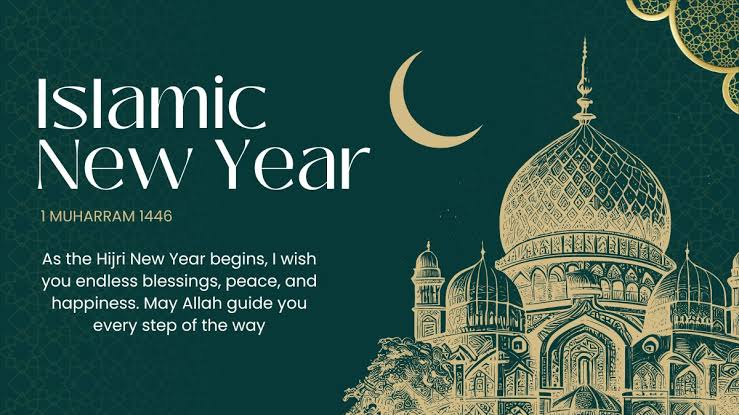
The Hijri New Year holds deep spiritual meaning, particularly for Muslims who see it as an opportunity to renew their commitment to faith. It is a time for introspection, where people reflect on their actions, set new intentions for personal growth, and seek spiritual closeness to God. Many use this time to make resolutions that align with their values, such as improving their relationship with family, enhancing their community involvement, or working on their spiritual development.
The significance of the Hijri New Year also extends to the remembrance of important events in Islamic history, such as the migration (Hijra) of the Prophet Muhammad (PBUH) and his followers from Mecca to Medina. This migration is a defining moment in Islamic history and is a source of inspiration for Muslims worldwide. The start of the Islamic calendar, marked by the Prophet’s migration in 622 CE, is a reminder of resilience, faith, and the importance of community.

The Celebrations: A Blend of Tradition and Modernity
While the Hijri New Year is primarily a time for spiritual reflection, it is also a celebration of cultural traditions. In the UAE and other parts of the Muslim world, the holiday is observed with various customs that blend both traditional practices and modern celebrations. In many homes, families gather to share special meals, exchange gifts, and enjoy quality time together. In larger cities, public celebrations might include special prayers at mosques, fireworks, and community events.
One of the central customs of the Hijri New Year is the offering of prayers in mosques, where Muslims come together to mark the occasion with special supplications. These prayers are often followed by sermons that remind the faithful of the values of patience, gratitude, and compassion. The festive atmosphere is complemented by traditional foods, with dishes that vary by region but often include delicacies that symbolize prosperity and well-being.
The UAE’s Unique Observance of the Hijri New Year
In the UAE, the Hijri New Year is a public holiday, and while the government’s offices and businesses may remain closed, the celebrations are more subdued compared to other holidays such as Eid. However, the national spirit of unity and community is palpable, and the holiday is celebrated in a more intimate, personal manner. Families and friends gather to reflect on the year gone by and share hopes for the coming one.
Many people use the occasion to participate in community charity events, donating to those in need or helping to organize cultural activities that promote inclusivity and awareness. This sense of giving back is an essential component of the Hijri New Year holiday, as it underscores the Islamic principles of charity (Zakat) and solidarity.
The Importance of the Hijri New Year in Contemporary Times
In today’s fast-paced world, the Hijri New Year provides an essential opportunity for Muslims to pause and reconnect with their faith. In the UAE, as in other countries, the holiday serves as a reminder of the importance of preserving traditions while embracing modernity. It provides a balance between spiritual reflection and social connection, allowing people to strengthen their ties to both their heritage and the present moment.
The Hijri New Year also plays a key role in fostering a sense of unity among Muslims across the world. Whether in large cities or rural communities, the holiday is marked by a collective sense of devotion and a shared commitment to spiritual and personal growth. It serves as a unifying force that brings together diverse cultures, languages, and traditions under the common banner of faith.
Looking Ahead: A Time for New Beginnings
As with any new year, the Hijri New Year is a time for fresh starts and new opportunities. People often take the occasion to set personal goals, both spiritual and worldly. It’s a time to look forward with hope, to envision a better future, and to work toward self-improvement. Whether it’s through spiritual practices, personal goals, or community involvement, the Hijri New Year is an opportunity to create positive change and embark on a new journey.
For many, the start of the Hijri year marks a time to deepen their connection with their faith. It’s an opportunity to embrace the teachings of Islam more fully, to practice patience, gratitude, and forgiveness, and to strengthen relationships with others. As families and communities come together to mark this special occasion, they do so with a renewed sense of purpose and commitment to the values that define the Islamic faith.
The Global Impact of the Hijri New Year
While the Hijri New Year is celebrated primarily in Muslim-majority countries, its significance transcends borders. In communities around the world, Muslims come together to mark the occasion with prayer, reflection, and celebration. It is an opportunity for people of different cultures and backgrounds to share in the universal experience of renewal and spiritual growth.
The Hijri New Year also presents an opportunity for non-Muslims to learn about Islamic traditions and the importance of this holiday. In increasingly multicultural societies, understanding the diverse cultural and religious observances that shape a community can foster greater harmony and respect among people of different faiths.
Conclusion
The Hijri New Year is a powerful occasion that combines spirituality, tradition, and celebration. It is a time for Muslims to reflect on the past, look ahead to the future, and strengthen their connection to both their faith and community. In the UAE, as in many other parts of the world, the holiday serves as an opportunity to pause, recharge, and reset for the year ahead.
As people come together to celebrate the start of the Islamic lunar calendar, they do so with a sense of unity, purpose, and hope. Whether through quiet reflection or festive gatherings, the Hijri New Year remains a time of great significance, offering moments of peace, gratitude, and inspiration.
Do follow Uae stories For more updates

